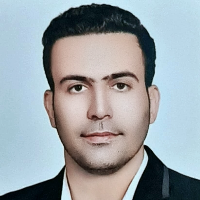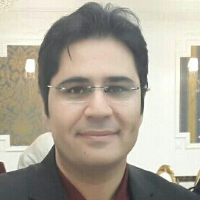Implementing a Health-Oriented Sports Culture Through Social Indicators
This study was conducted with the aim of implementing sports culture through social indicators.
The research method was descriptive-analytical. The statistical population of the study included professors and lecturers of sports sciences, managerial and executive factors related to sports, as well as researchers and analysts in the field of sports development. A sufficient number of research samples were randomly selected to model structural equations (565). Based on the theoretical study and interviews with experts, a researcher-made questionnaire was prepared and its reliability was confirmed using expert opinions and validity factor analysis test and Cronbach's alpha. Structural equation modeling method (using PLS software) was used to analyze the findings.
According to the research findings, global developments are significantly effective on international law. Also, international laws and social trends each affect the country's sports culture by 0.62 and 0.34, respectively.
According to the findings of this study, it can be concluded that social indicators have a significant impact on the promotion of sports culture in the country.
-
Sociological Explanation of Social Development Model Based on Sports Development
, Homayoun Abbasi *,
Journal of Sport Management and Development, -
Evaluation of the views of sports teachers, health care providers and parents about the effectiveness of the KOCH project (weight and obesity control) in the Covid 19 pandemic (Case study of schools of Kermanshah city)
Marzieh Keshavarz, *
Sport Physiology &Management Investigations, -
Localization of Opening and Closing Ceremonies in Sports Events: From Historical Traditions to Modern Perspectives in Iran
, Sajjad Pashaie *, Hamed Golmohammadi
Journal of Iranian History of Culture,



